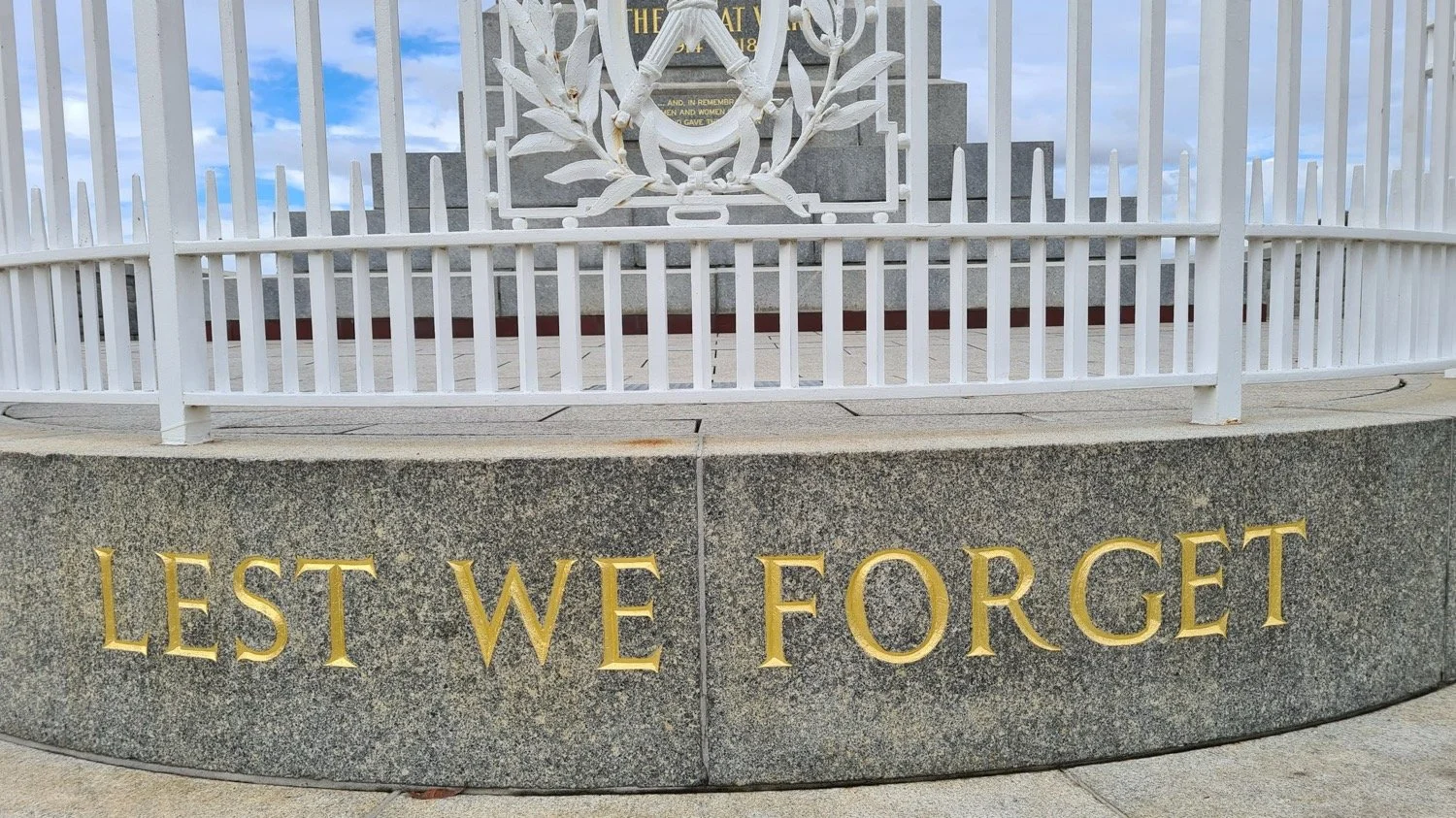Readings for the day: 1 Samuel 25, 26, 27 and Psalms 17, 73
This past week I preached from the Sermon on the Mount. “Love your enemies!” Jesus says. “Do good to those who hate you. Bless those who curse you. Pray for those who persecute you.” (Luke 6:27-28) Frankly, it sounds crazy. Mixed up. Naive. Until I read about David. And I watch him spare Saul’s life over and over again. I watch him refuse to lift his hand against the Lord’s anointed. I watch him restrain his anger. His desire for revenge. David had every right to strike Saul down when he caught him in the cave. Had every right to pin Saul to the ground with his own spear when he infiltrated the camp. But over and over again, David refrained. Why is that?
I believe David understood on some level what Jesus would later teach. God’s great desire is for everyone to be saved and come to a knowledge of His truth. (1 Tim. 2:4) This includes a man like Saul. Evil. Paranoid. Drunk with power. This includes a man like Nabal. Proud. Arrogant. Hard-hearted. This includes a man like David who himself will succumb to the temptations to use his power for his own purposes. It includes a man like Doug Resler who wrestles everyday with pride and ego and selfishness. The reality that David saw. The reality that Jesus taught is that we are all enemies and yet God in His infinite mercy loved us. God in His infinite grace embraced us while we were yet sinners. While we were yet broken. While we were yet weak and wounded and dead in our sin. God came to us. God loved us. God did good to us. God blessed us. God prayed for us. So we should do for others including those who seek our harm.
Some have asked if we run the risk of further traumatizing victims of abuse. It’s a very important question. My response is that love is not passive. It doesn’t make one a doormat. I do not believe Jesus is teaching women to stay with the men who beat them. I do not believe Jesus is teaching us to seek out situations where we would suffer. I do not believe Jesus is teaching us to simply bow our heads before injustice. David didn’t stay in Saul’s palace! David left. He escaped. He found his way to safety. And then he resisted. Fiercely. Faithfully. With the hope that his persecutor. His abuser. His enemy would eventually see the light. I love what Martin Luther King Jr. once said, “Love is the only force capable of transforming an enemy into a friend.” King pursued a path of non-violent resistance always with the hope that white racists would become his brothers. This was his dream. And I believe deep down it was David’s dream for Saul as well.
How do you respond when attacked? How do you respond when people curse you? Have you suffered the trauma of abuse? These are very real experiences that cannot be diminished or dismissed. They impact so many in our culture today. Just look around at the #BlackLivesMatter and #MeToo movements. While you may disagree with their political goals, is it not heartbreaking that so many in our culture feel such fear? And can we not courageously enter into that fear with them with the love of Christ?




